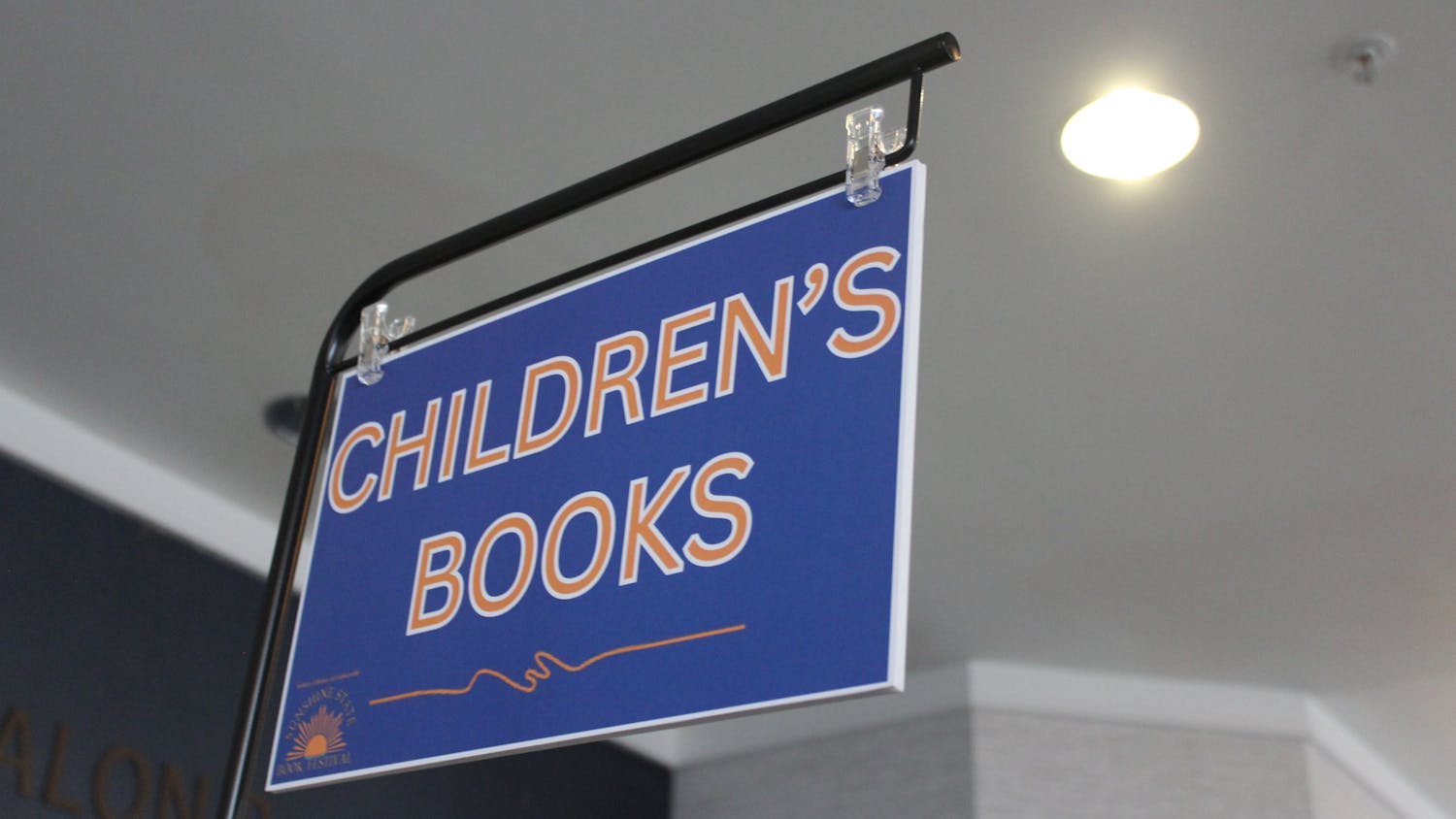"Nothing is true; everything is permitted.”
Thus goes the famous maxim from publisher Ubisoft’s “Assassin’s Creed” video games. I mention this because writer Junot Diaz once proved one can win a Pulitzer prize with enough nerdy references — compassion and genius have nothing to do with it, I assure you — and because one of my closest friends, a person who is essentially responsible for me becoming a reader, dislikes Shakespeare.
Let me explain.
“Dante and Shakespeare divide the world between them. There is no third,” wrote T.S. Eliot, a poet who may have redirected the trajectory of his era’s poetry. Near-religious reverence of “the Bard” did not begin with Eliot, nor did it end with him. Long after literature took a cultural backseat to radio, film and the Internet, Shakespeare managed to posthumously carve a place for himself in all three. There’s the fact that modern movies reinterpreting his work appear as regularly as Bond films. Or how his writing, despite sometimes being as unintelligible as a foreign language, has managed to work its way into our language via commonly used idioms.
I love this, as I love Shakespeare. But adoration is a subjective thing, no? If it wasn’t, we would all pine for the same person: an individual who is objectively the only human worthy of attention. There are people who come close — see Lin-Manuel Miranda or, better, listen to his musical “Hamilton” — but like a mathematical asymptote, that point is impossible to reach. So why is disliking Shakespeare such a big deal?
Honestly, it isn’t. I generally find the argument “people have different opinions about stuff and that’s OK” to be used as a crass defense of idiocy, but here it holds a little weight after further examination.
Artists are defined by their judgement in two senses of the word: their choice in technique and their perception of life. Often these two are symbiotic, growing or wasting in conjunction with one another. After all, language is not simply an expression of thought, but also an exploration of it. As my mother put more aptly, “feelings are thoughts you can’t say.”
Or, alternatively, haven’t said. But there may be a writer who has. I find “Hamlet,” a play that is four centuries old, to be one of the most complex examinations of mortality through the lens of depression written in Western literature. There are passages in “Romeo and Juliet” that even now remind me of the sensation of my first kiss. “Macbeth” is a tragedy — a story in which the reader inherently understands the ending — in which the sheer manic violence continues to hold my attention, despite the numerous times I’ve read it.
But there is an implicit point to my love of Shakespeare: I, the reader, determine the strength of Shakespeare’s writing. A literary artist brings his or her assessments of life to a page — not life in the abstract, Thoreauvian, sort of way but as experiences a living human can conceive of, from politics to space travel to religions secretly developed by kittens — and these become a source of discussion between the artist and the reader. What’s stopping the reader from finding the Bard to be banal?
Now, while I do think readers are frighteningly eager to dislike an author because his or her language may seem too difficult — like me when I was first assigned “Their Eyes Were Watching God” by Zora Neale Hurston in high school — writers should be judged on how they inspire, excite and haunt their readers. No comedian could be considered funny without making at least someone laugh, so why can writers be deemed significant by merely their cultural contributions?
Regardless, I’ll never stop trying to convince my friend Shakespeare is the greatest gift to English language speakers. But she’s lukewarm toward Junot Diaz and has yet to listen to “Hamilton,” so who’s to really be the final arbiter of quality?
Neel Bapatla is a UF English sophomore. His column appears on Fridays.





